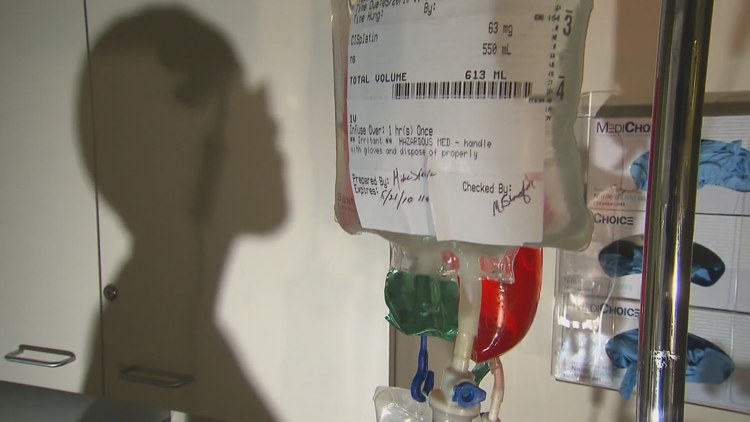AURORA, Colo. — The drugs many people need to treat their cancer are in short supply. Drug shortages have impacted the University of Colorado Anschutz Medical Campus for years, but it's never been this serious, according to Cindy O'Bryant, a clinical pharmacy professor at the CU Skaggs School of Pharmacy and Pharmaceutical Sciences.
"This is a big issue," O'Bryant said. Finding out you have cancer can come as a shock. Finding out the medication you'll need to treat that cancer is in short supply can feel like a one-two punch.

"We want to treat our patients and we want to treat them really with the best medicine we have," O'Bryant said. "And when those are not available, we're kind of pushed into a corner and really have to begin making decisions that we don't want to make." O'Bryant said that drug shortages in the United States are nothing new.
The country has dealt with them on some level since the 2000s, but they've never been this bad, she said. "We're really at a point now where we're at the highest number of drug shortages across all different disease types, not just oncology," O'Bryant said. Survey results just released from the National Comprehensive Cancer Network found that 89% of 28 large cancer centers nationwide reported that at least one drug to treat cancer, its side effects or symptoms was in short supply.
O'Bryant isn't surprised. "But we have some medications that are really vital for treating our leukemias and lymphomas that have been on shortage since the.























